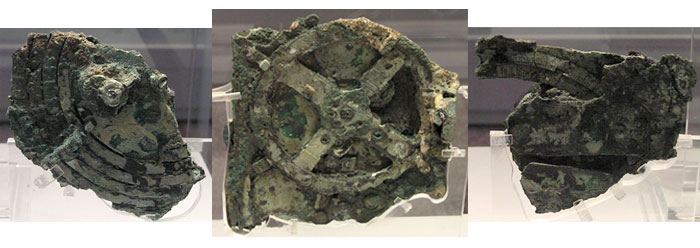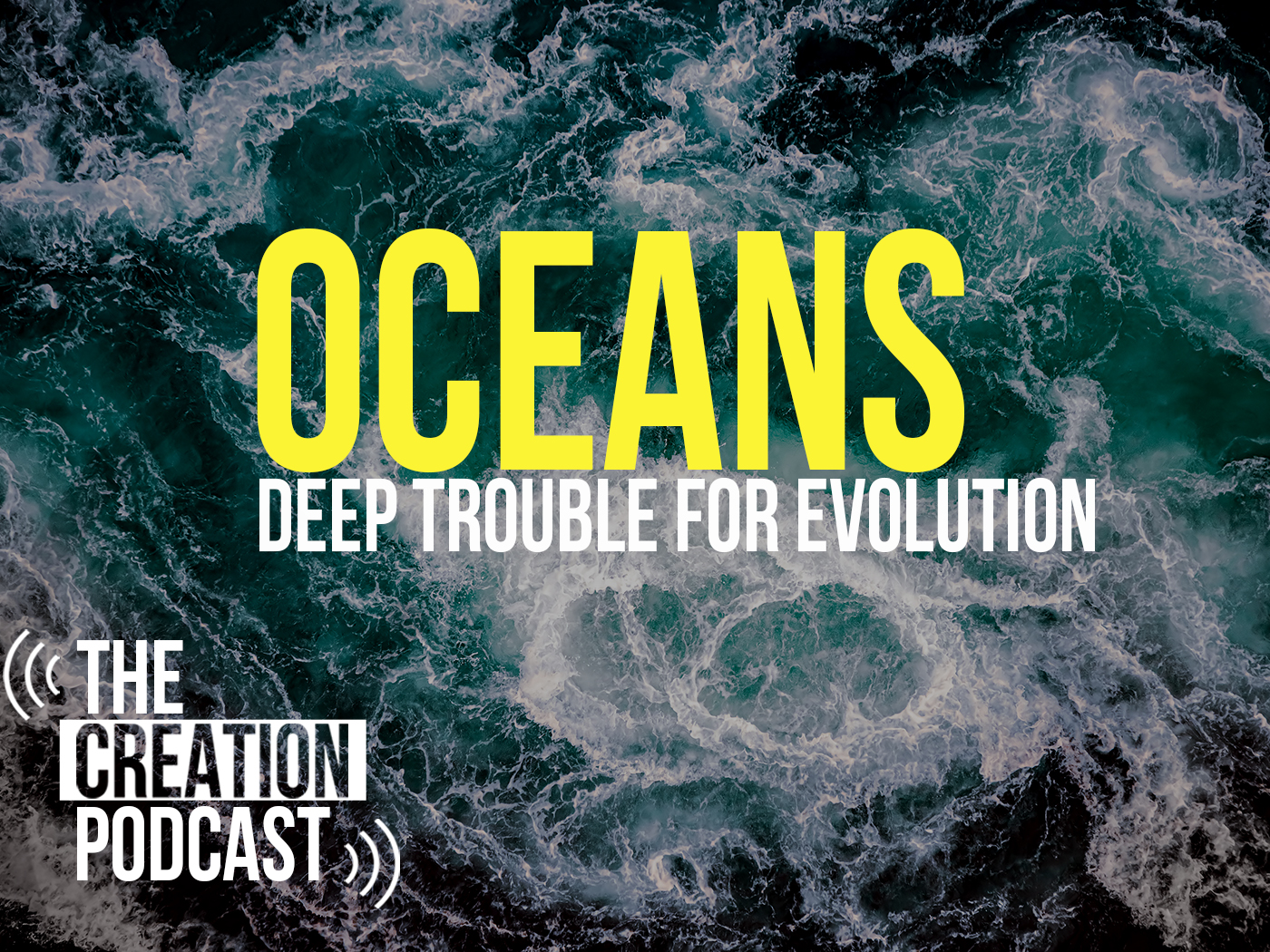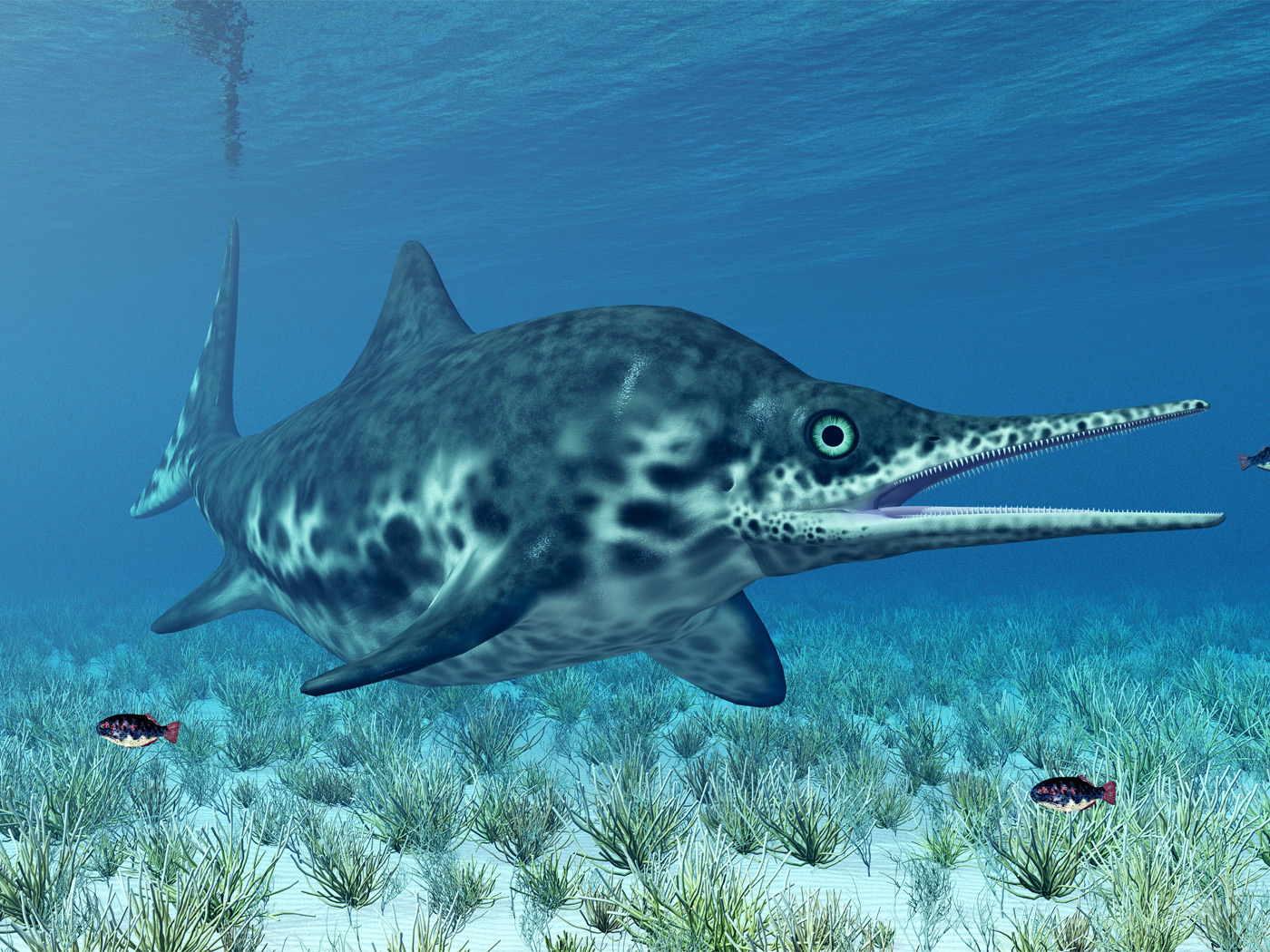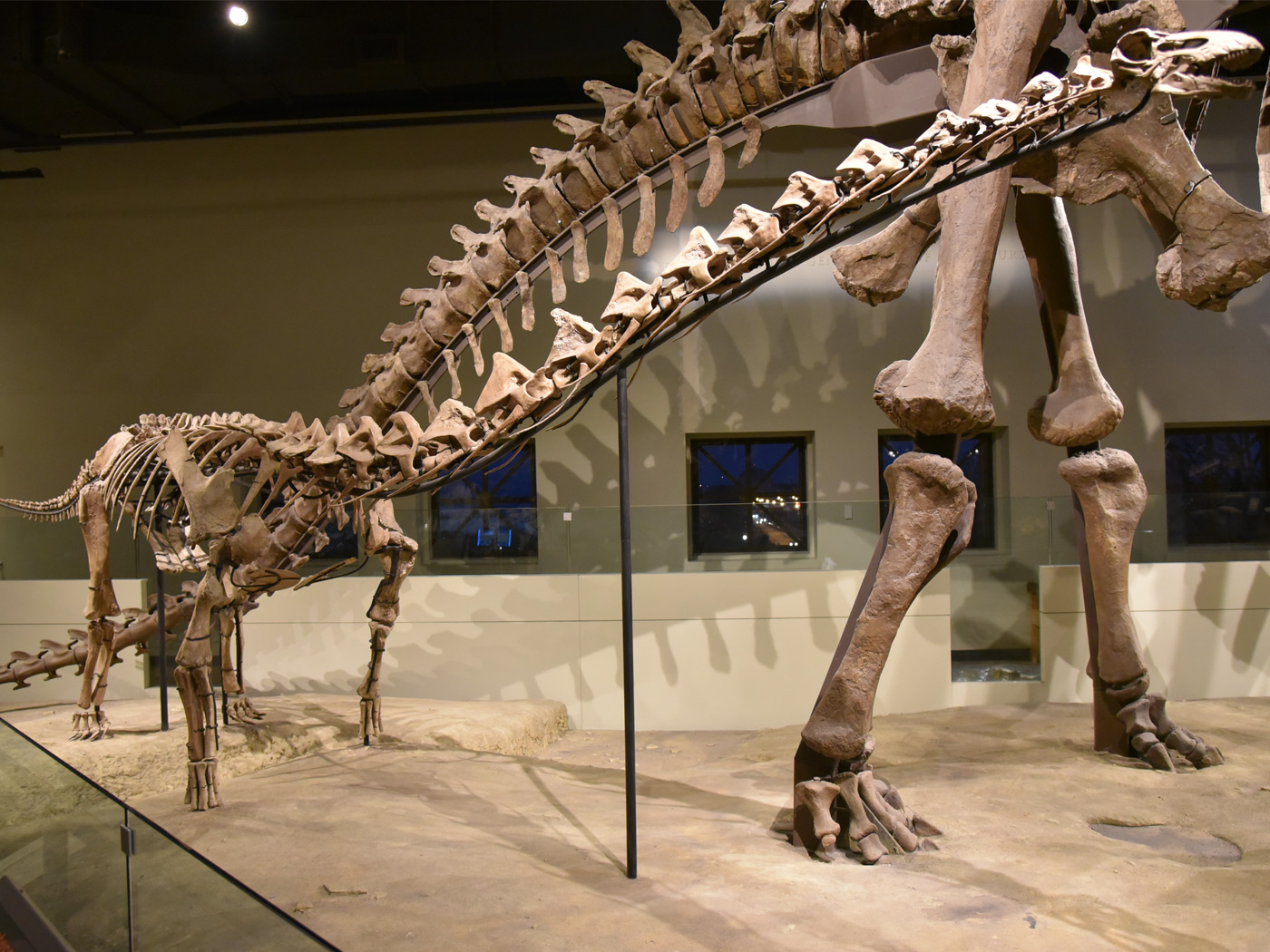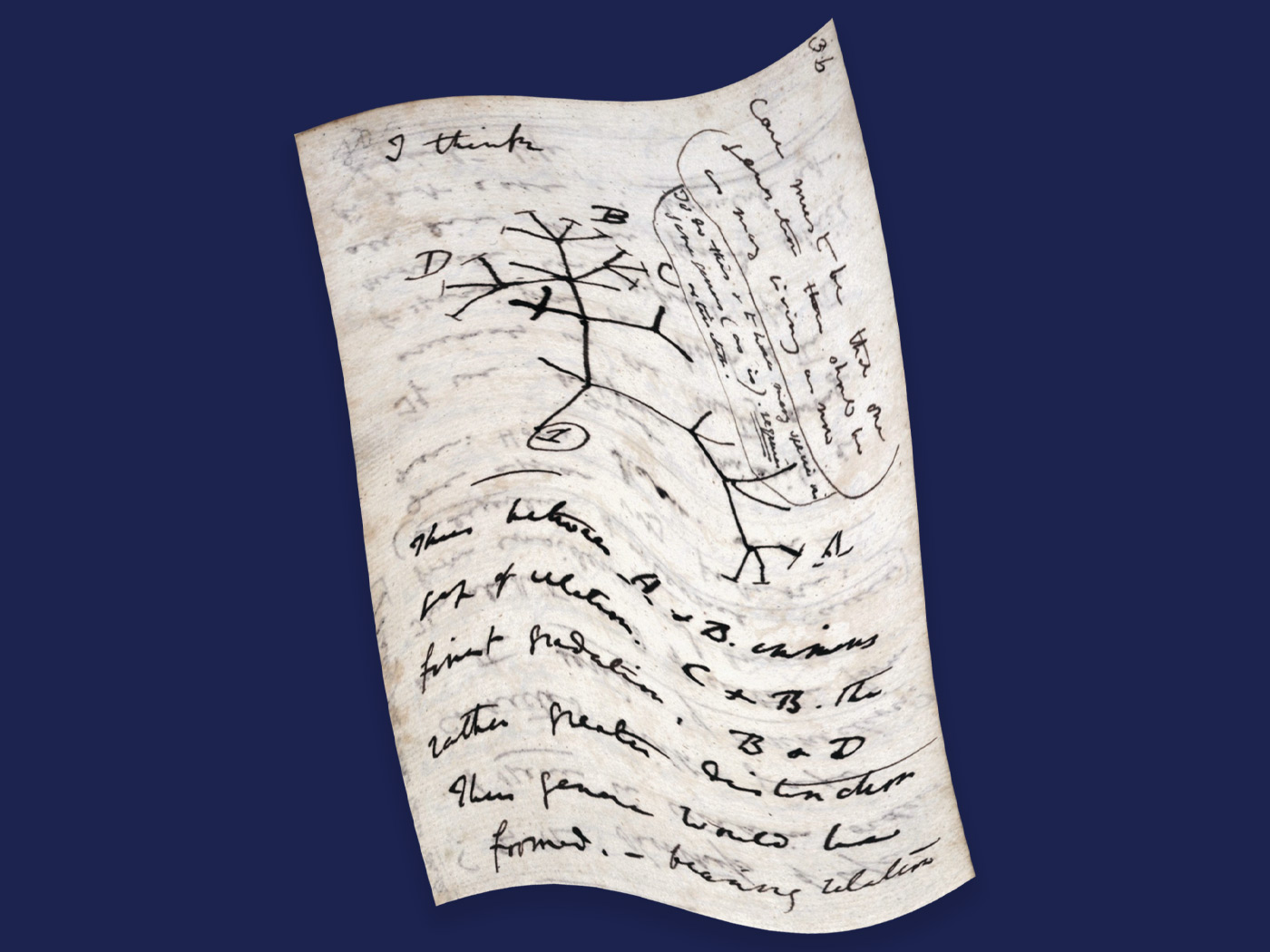A 2,000-year-old computing device may change the way we think about ancient civilizations. The mechanical star-positioning instrument was discovered in a shipwreck at the turn of the 20th century, and until recently, no one had figured out how it worked.
Research from Cardiff University, in conjunction with the National Archeological Museum of Athens and the Universities of Athens and Thessaloniki, suggests that the device “is more sophisticated than anyone previously thought” and that “Greek technology was far more advanced than previously thought.” 1 The device was able to track the motions of the sun and moon, even predicting eclipses, the irregular orbit of the moon, and possibly the positions of the planets.
The wood and bronze device was named the “Antikythera Mechanism” after the Aegean island near where it was discovered. The researchers recreated its 70 pieces, including 30 gears—some of which are differential gears, a concept that was not rediscovered until modern times. Recreating the device was difficult and painstaking, involving the expertise of astronomers, mathematicians, computer specialists, script analysts, and conservation experts. Professor Mike Edmunds of the School of Physics at Cardiff said, “The way the mechanics are designed just makes your jaw drop.”1
The historical paradigm that man has gradually evolved a smarter and larger brain over vast periods of time stands in contrast to the biblical history, which holds that mankind was created fully human from the beginning,2 with a fully-developed human brain. However, because of sin, mankind has actually been “de-evolving” ever since.3
Bible believers should not be surprised to find evidence of advanced technology from the ancient world (in this case, dating from before the time of Christ). This millennia-old computer, along with many other previous discoveries, is another example that our current understanding may actually not be as advanced as our “antiquated” predecessors.
References
- The 2,000-year-old computer. Cardiff University News Centre. Posted on cardiff.ac.uk November 28, 2006, accessed August 11, 2008.
- Genesis 1:26-27.
- For a discussion of the effects of sin on the world, see Morris, H. 1998. The Fall, the Curse, and Evolution. Acts & Facts. 27 (4).
* Mr. Thomas is Science Writer.
Article posted on August 12, 2008.




